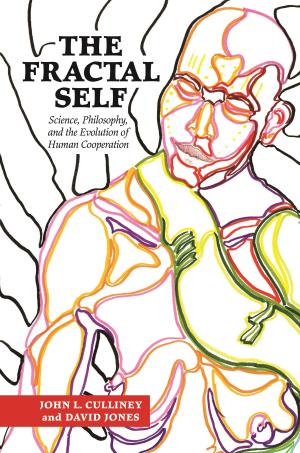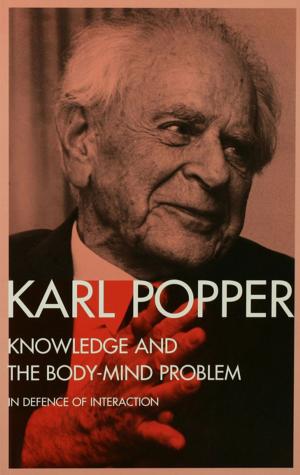Homological Composition; a philosophical perspective
Nonfiction, Health & Well Being, Psychology, Personality, Religion & Spirituality, Philosophy| Author: | Nōnen Títi | ISBN: | 9780473384739 |
| Publisher: | Nōnen Títi | Publication: | February 25, 2017 |
| Imprint: | Smashwords Edition | Language: | English |
| Author: | Nōnen Títi |
| ISBN: | 9780473384739 |
| Publisher: | Nōnen Títi |
| Publication: | February 25, 2017 |
| Imprint: | Smashwords Edition |
| Language: | English |
What do quantum physics, cosmology, biology and psychology have in common?
They’re all driven by information.
Modern philosophy is stuck in linear thinking. But how can we come to agree about philosophy if we all use a different psychology to experience the world?
In this challenging book, Nōnen Títi presents a philosophical perspective that accepts information as the driving force of nature and psychotypes as an expression of the way different people filter information differently. This is based on the psychological types first introduced by Carl Jung and today popularly known by their Myers-Briggs indicator letters. As each person experiences their own set of filters as reality, a comprehensive philosophical theory must include these psychological differences.
This change in perspective leads her to propose a new theory of consciousness, a new look at what information is, a new understanding of the role of philosophers, a fresh perspective on moral judgment, a different concept of time travel, a different look at sexual orientations and an evolutionary explanation of the necessity of psychological diversity.
And she offers a challenge: If intellectual progress depends on it, can we create a tolerant society that embraces our natural psychological type differences?
You’ll never look at philosophy the same way again.
What do quantum physics, cosmology, biology and psychology have in common?
They’re all driven by information.
Modern philosophy is stuck in linear thinking. But how can we come to agree about philosophy if we all use a different psychology to experience the world?
In this challenging book, Nōnen Títi presents a philosophical perspective that accepts information as the driving force of nature and psychotypes as an expression of the way different people filter information differently. This is based on the psychological types first introduced by Carl Jung and today popularly known by their Myers-Briggs indicator letters. As each person experiences their own set of filters as reality, a comprehensive philosophical theory must include these psychological differences.
This change in perspective leads her to propose a new theory of consciousness, a new look at what information is, a new understanding of the role of philosophers, a fresh perspective on moral judgment, a different concept of time travel, a different look at sexual orientations and an evolutionary explanation of the necessity of psychological diversity.
And she offers a challenge: If intellectual progress depends on it, can we create a tolerant society that embraces our natural psychological type differences?
You’ll never look at philosophy the same way again.















